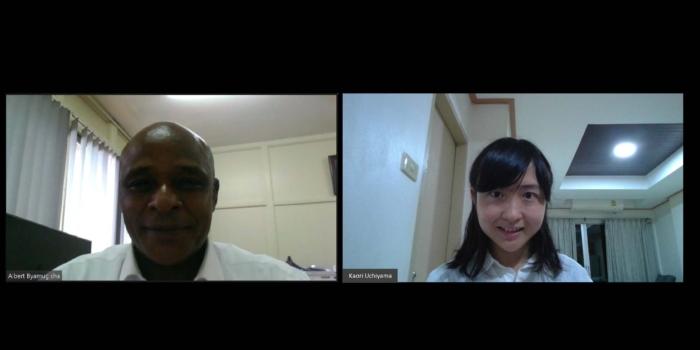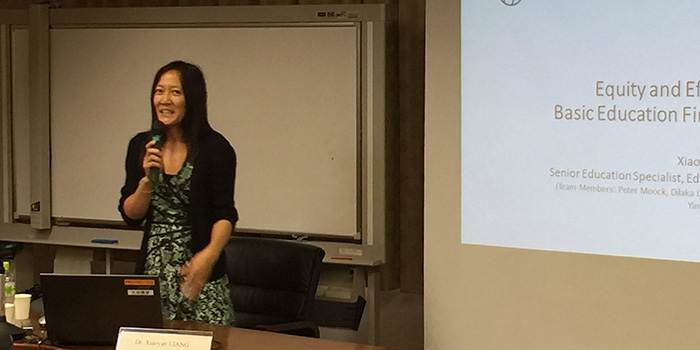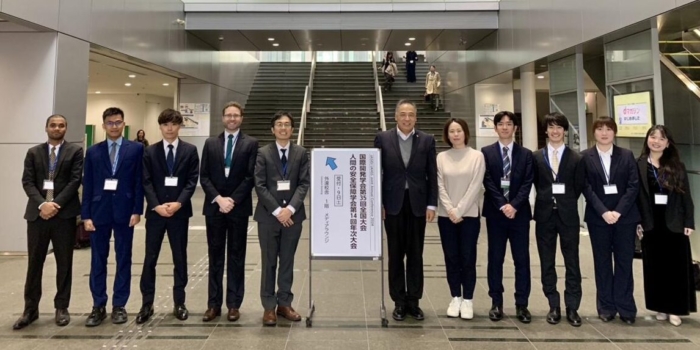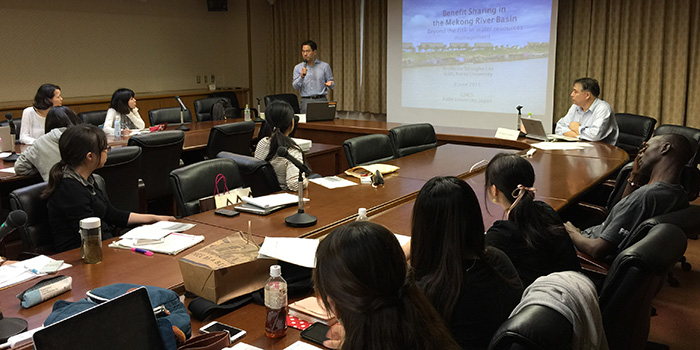I conducted an online internship from February 21 to March 18, 2022, under the supervision of Dr. Albert Byamugisha (Ogawa Seminar alumnus), a Senior Technical Adviser in the Office of Prime Minister Uganda. Dr. Albert is currently in charge of promoting the SDGs in Uganda at the Office, and my internship was also focused on the effort for achieving the SDGs in Uganda. During the internship period, Dr. Albert explained to us about the Ugandan government’s current SDGs efforts, the current status, and its challenges. In the course of his presentation, I became interested in education finance, especially local government spending on primary education and its efficiency. Then, I conducted a literature review of Ugandan government policy documents and reports on the achievement of the SDGs.
The review of the literature revealed that while Uganda’s enrollment rate has been high at about 90% since the 1997 introduction of free public primary education, high dropout and retention rates are significant challenges in terms of the internal efficiency of primary education. Further literature review revealed that child marriage and child labor are contributing factors to the high dropout rate and retention rate and that English language education starting from the 4th grade lowers the achievement of students. After the literature review, I analyzed data from the Ugandan Ministry of Education and the Ministry of Finance to determine the effectiveness of Ugandan local government spending on primary education in addressing these issues. I found that spending on the education sector is not correlated with repetition rates in primary education. On the other hand, I found that spending on teacher training in teaching methods is correlated with lower retention rates.
I completed my internship by submitting a report to Dr. Albert with the results of this analysis, which showed that improving the quality of education through teacher training could be an effective solution to the high repetition rate. Even though this internship was conducted online and I could not have a chance to have a direct experience in a developing country, it was a very valuable internship in which I had the opportunity to review literature, analyze data, and write a report. Those experiences enriched my analytical skills and my academic knowledge.
Finally, I would like to express my sincere gratitude to Professor. Ogawa for giving me this precious internship opportunity, and to Dr. Albert for taking time out of his busy schedule to conduct the internship for me.
Authored by Kaori Uchiyama (Master’s student)
Related






